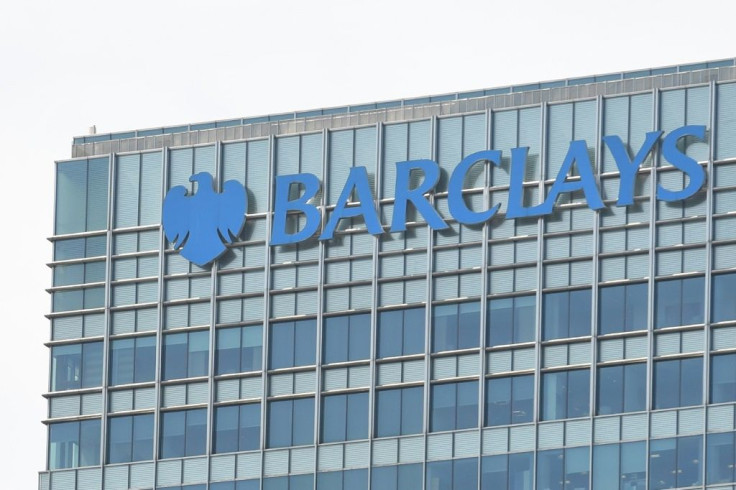UK Bank Barclays Takes ?2.1-bn Coronavirus Hit

Barclays will take a hit of at least ?2.1-billion from the impact of the coronavirus pandemic, the British banking giant said Wednesday despite assistance from the Bank of England and UK government to help lenders boost lending and keep businesses afloat.
The forecast came as Barclays chief executive Jes Staley hinted at remote working replacing offices full of thousands of workers, even after the spread of COVID-19 ends.
In a results statement, Barclays added that its net profit tumbled by 42 percent in the first quarter.
The lender said it would suffer a ?2.1-billion ($2.56 billion, 2.36 billion euros) impairment charge.
Profit after tax slumped to ?605 million in the three months to the end of March from ?1.04 billion in the first quarter of 2019, Barclays said.
"Despite the macroeconomic downturn caused by the COVID-19 pandemic, the group's position remains robust," Staley said in the statement.
He noted that the impairment charge "reflects our initial estimates of the impact of the COVID-19 pandemic" at both its UK retail bank and international investment arm.
Barclays said the charge also included a ?300-million hit linked to "the probability of a sustained period of low oil prices" following the recent market crash.
The lender noted that the impact of the coronavirus had been cushioned by emergency action from the Bank of England and other major central banks, which have together injected enormous amounts of liquidity -- and thanks to separate government stimulus.
"We welcome the government and Bank of England's business support programmes and have introduced additional measures to back UK companies ourselves. They are now having a real impact," said Staley.
Later speaking to reporters, he said "the notion of putting 7,000 people in a building may be a thing of the past", adding:
"We will find ways to operate with more distancing over a much longer period of time".
Staley said measures such as allowing only two people at a time in an escalator at its London headquarters would be necessary, at least at the start of a process that sees workers returning to their desks in limited numbers.
Britain is among the worst hit countries in the global pandemic, with more than 21,000 deaths.
The figure is expected to rise by a significant amount as the government begins reporting both deaths in hospital and the wider community, particularly care homes.
British Prime Minister Boris Johnson is under pressure to ease the UK's lockdown restrictions however as the UK economy crashes.
All-but essential workers -- notably medical staff, food-shop workers and delivery personnel -- have been working away from their homes since the UK lockdown began around six weeks ago.
© Copyright AFP {{Year}}. All rights reserved.





















